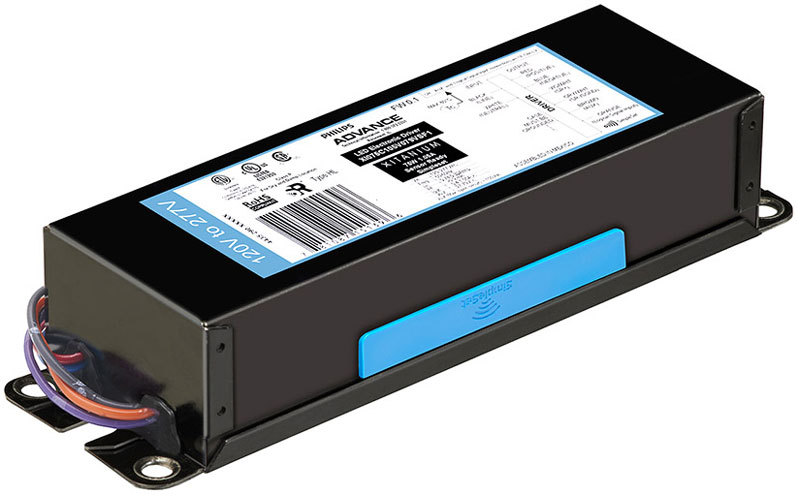According to Gartner, "Intelligent street lights will be one of the most valuable pieces of real estate in the city."¹ But if that’s the case, most cities are still in the dark. Many authorities don’t know how many street lights they operate, at what power level and which types. Without this basic level of understanding, it’s hard for them to take advantage of immediate potential savings from energy reduction and automated lighting management, let alone the long-term benefits of connected street lighting, such as city data and valuable insights which Gartner alludes to. By controlling street lights wirelessly, however, every city can start on the journey to have smarter, better managed outdoor lighting.
1 Source: Analysts Explore How IoT Technologies Are Poised to Transform Cities at Gartner Symposium/ITxpo 2016
We're all connected
Street lights come in a huge range of shapes and form factors from many different vendors. Some are designed to meet specific light levels using different power LEDs, COBs or high-power arrays; others are carefully spaced and designed to illuminate different road widths. They can be mounted on various pole heights, in urban areas, parking lots, public parks and buildings. But despite all their differences, they have one thing in common: they can all be controlled wirelessly.

Standardized drivers
That’s because Signify has established an open-standard approach to provide a digital interface between the driver and sensor/node. First off, this approach provides unparalleled flexibility to connect your choice of third-party wireless controls to the street lights. Second, this digital interface provides data on energy usage for energy metering, as well as information for asset tracking purpose. Finally, new innovations on sensors and lighting control technologies mean that street lights can become the ubiquitous IoT infrastructure that offers unprecedented urban knowledge. All of these attributes were the key topics of discussion at last year’s Street and Area Lighting Conference. If you wish to learn more about the outdoor LED drivers that support this open-standard digital interface, check out Signify’s Advance Xitanium SR LED drivers.

Global Product Manager
Signify

In a connected world, what happens to lighting?
Digital connectivity is changing the world around us. Take the television. Only a few years ago, complex rating systems determined which shows were popular with which audiences.

Using light to manage space
Connected LED lighting is an obvious way to meet sustainability compliance and the investment pays for itself.

Human-centric lighting: are you ready to ride the wave?
The SR standard now includes a standardized protocol for tunable white light, allowing it to be controlled wirelessly.